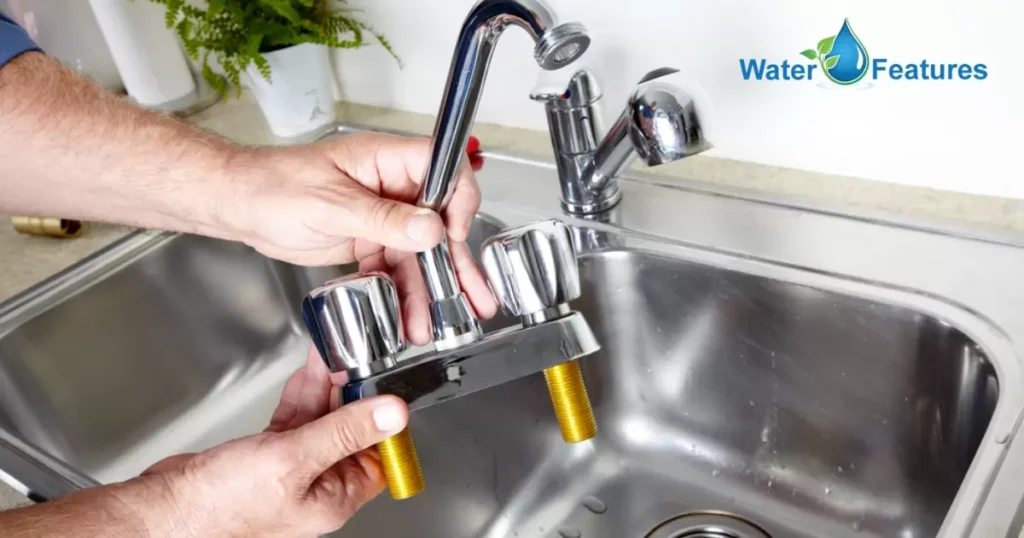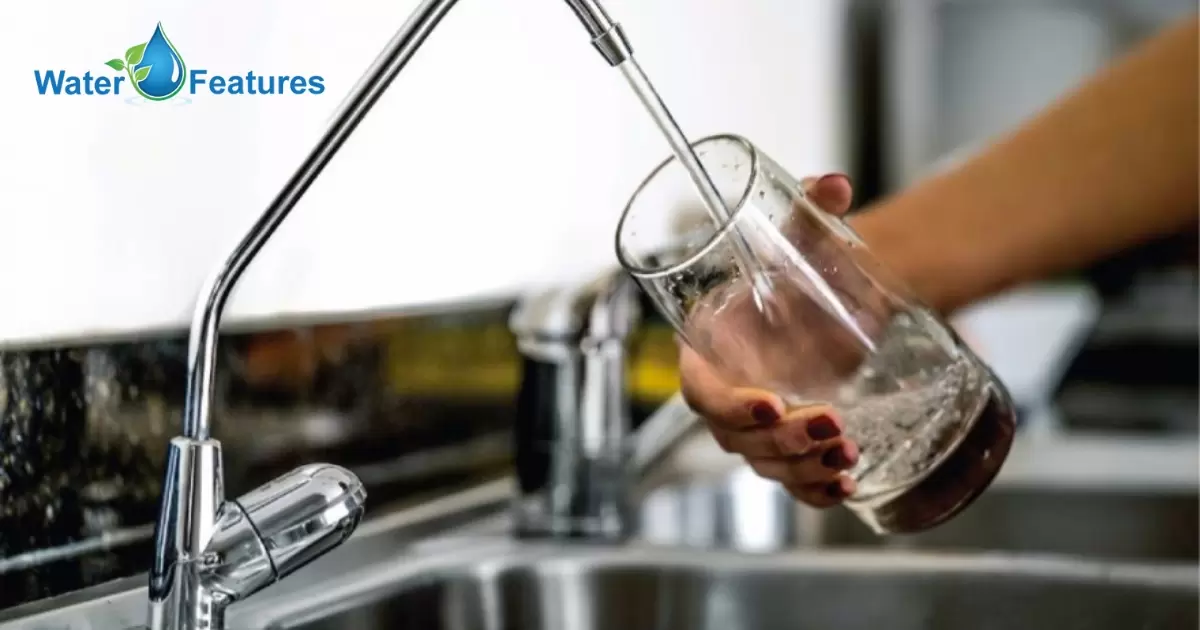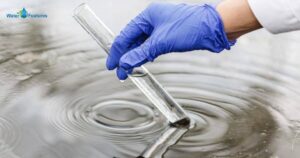When it comes to the daily essentials of life, few things are as crucial as clean and safe drinking water. It’s the elixir of life, a necessity that affects our health, well-being, and daily activities. Nashville, Tennessee, a city renowned for its rich musical heritage and vibrant culture, is not only home to a thriving community but also a water supply that serves the needs of over 700,000 residents and countless visitors.
In this comprehensive article, we’ll delve deep into the quality and safety of Nashville’s tap water. We’ll answer the important question Is Nashville tap water safe to drink? To provide you with well-informed insights, we’ll explore the various aspects of Nashville’s water supply, water treatment, quality standards, potential contaminants, and safety measures.
The Source of Nashville’s Tap Water
Nashville’s primary source of drinking water is the Cumberland River, a majestic water body that flows through the heart of the city. The Cumberland River serves as a lifeline for Nashville’s water supply, providing a consistent and reliable source.
Supplementary Sources
In addition to the Cumberland River, Nashville also relies on reservoirs and wells to supplement its water sources. This diversified approach helps ensure a consistent supply, especially during periods of increased demand or when maintenance is required.
Water Treatment Process
The Metro Water Services (MWS), responsible for managing and treating Nashville’s water supply, employs a robust treatment process to ensure the safety and quality of the water delivered to your tap. This process comprises several key steps.
| Key Treatment Steps | Description |
| Coagulation and Flocculation | Substances causing cloudiness and impurities are chemically bound together into larger particles for removal. |
| Sedimentation | Larger particles formed during coagulation and flocculation settle at the bottom of the treatment basin, further purifying the water. |
| Filtration | This process removes even finer impurities, including smaller particles and microorganisms, an essential step in the purification process. |
| Chlorine Disinfection | The final step ensures any remaining microorganisms are eliminated, making the water safe for consumption. |
Key Treatment Steps
The treatment process begins with coagulation and flocculation, where substances causing cloudiness and impurities are chemically bound together into larger particles. These particles can then be more easily removed from the water. Next, the water undergoes sedimentation, allowing the larger particles formed during coagulation and flocculation to settle at the bottom of the treatment basin. This stage further purifies the water.
Following sedimentation, the water is subjected to filtration, a process that removes even finer impurities, including smaller particles and microorganisms. Filtration is an essential step in the purification process. Finally, the water is disinfected with chlorine, effectively eliminating any remaining microorganisms and ensuring that the water is safe for consumption. This step is vital in safeguarding public health.
Quality Assurance
To maintain the stringent control necessary for meeting safety standards, Metro Water Services conducts regular testing to monitor the quality of the treated water, which includes an array of parameters, such as pH levels, turbidity (water clarity), and chlorine residuals. Various treatments are then applied based on the test results
Meeting Safety Standards
The results of these tests are critical in ensuring that the water consistently meets federal and state water quality standards. This commitment to water quality and safety is a testament to the dedication of the MWS in providing Nashville residents with clean and safe drinking water.
Potential Contaminants
While the water treatment process is designed to remove most impurities, concerns about potential contaminants still exist. One of the most prevalent concerns is the presence of lead in the water supply. Lead can enter the water from older plumbing systems.
Lead Testing and Mitigation
To address this concern, the MWS regularly conducts lead testing in homes to identify potential sources of lead contamination. The MWS also offers guidance to residents on measures to reduce lead exposure, such as flushing pipes to remove stagnant water that may have absorbed lead.
Microorganisms and Disinfection Byproducts
Apart from lead, concerns about the presence of microorganisms and disinfection byproducts are also taken seriously by the MWS. The utility continually improves its processes to ensure that these contaminants are minimized, further enhancing water safety.
Safety Measures
As consumers, there are steps you can take to further ensure the safety of your tap water. One of the crucial measures is to install a water filter that is certified to remove contaminants. Many filters are readily available, and selecting one that meets your needs can significantly enhance water quality.
Plumbing Maintenance

Regular maintenance of your home’s plumbing system is another vital step. Ensuring that your plumbing is in good condition and free from lead components can help reduce potential exposure to contaminants.
Using Cold Water
Using cold water for cooking and drinking is a simple yet effective measure. Cold water is less likely to leach contaminants from pipes compared to hot water. This small change can go a long way in safeguarding your health.
Staying Informed
Staying informed about your local water quality is paramount. The Metro Water Services provides access to water quality reports that offer valuable insights into the safety of Nashville’s tap water. Being proactive in monitoring water quality and taking appropriate measures can significantly contribute to safeguarding your health.
Conclusion
In conclusion, the safety of Nashville’s tap water is a matter of paramount importance. The Metro Water Services, entrusted with the responsibility of providing the city’s water supply, maintains stringent standards and employs a thorough treatment process to ensure water quality and safety. It’s important to remember that water quality can exhibit variations over time and across different locations within the city.
While Nashville’s tap water is generally safe, individual circumstances may vary. To ensure the safety of your tap water, consider using a certified water filter, staying updated with water quality reports, and following the recommendations provided by Metro Water Services.











